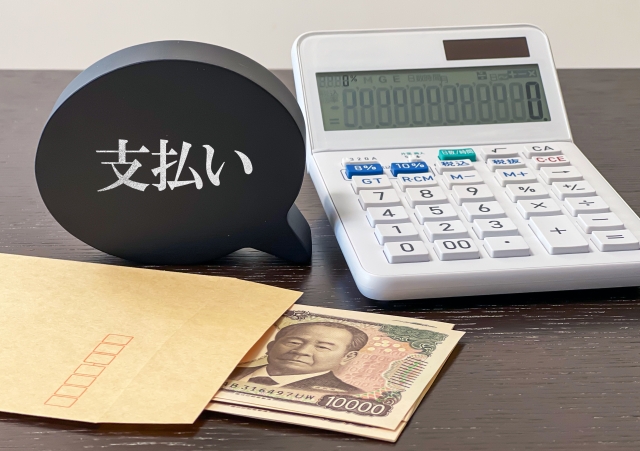Genetic analysis has shown the extent to which Neanderthal genes are present in modern humans, including the Japanese. Many modern humans have inherited some Neanderthal genes, with the proportion varying by race and region.
1. Percentage of Neanderthal genes
Neanderthals were an old human species that became extinct about 40,000 years ago and were widely distributed throughout Eurasia.Modern humans (Homo sapiens) evolved in Africa and then spread to Eurasia, where they interbred with Neanderthals.As a result, most modern humans living outside Africa have some Neanderthal genes.
Specifically, the genomes of Asians and Europeans have been found to contain approximately 1-4% Neanderthal genes. This is also true for East Asian peoples, including the Japanese. The proportion of Neanderthal genes in the Japanese is also estimated to be around 2-3%.
2. The influence of Neanderthal genes.
Due to interbreeding with Neanderthals, modern humans have inherited certain genetic traits.Many of these genes are believed to be related to the immune system, skin and metabolism.For example, they are thought to affect
- Enhanced immune system: some Neanderthal genes are associated with immune responses and may have played a role in strengthening resistance to pathogens.
- Skin adaptations: as Neanderthals were adapted to the cold regions of Europe and Asia, their genes may have influenced skin, hair colour and skin adaptations.
However, these genes can be advantageous or, conversely, can have negative effects in modern living environments. For example, it has been suggested that Neanderthal genes may contribute to an increased risk of allergies and autoimmune diseases.
3. The Neanderthal gene and other ancient humans
In addition to Neanderthals, there is another ancient human species, the Denissoans, which is known to contain Denissoan genes, particularly in East Asian and Oceania peoples. The Denisovan gene is also thought to be present in very small quantities in the Japanese, and is particularly common in Tibetans and Melanesians.
4. Specificity of Neanderthal genes in the Japanese
The proportion of Neanderthal genes in the Japanese is similar to that of other East Asians, although slight regional differences can be observed.Neanderthal genes are also passed on differently between individuals, so which genes remain will depend on individual differences.
In summary, the genome of modern Asians, including the Japanese, is known to contain approximately 2-3% Neanderthal genes.This gene is thought to influence the immune system and skin adaptations and may play an important role in the evolution of modern humans.However, its influence is not only beneficial, but negative aspects have also been noted in the modern living environment.
Latest Articles
Supervisor of the article

Dr. Hiroshi Oka
Graduated from Keio University, Faculty of Medicine
Doctor of Medicine
Medical Doctor









